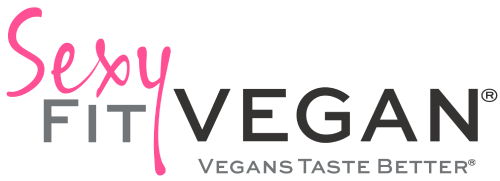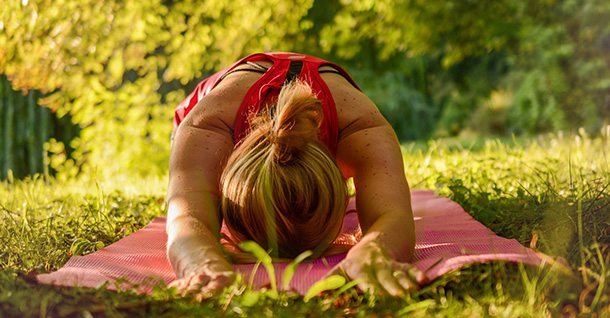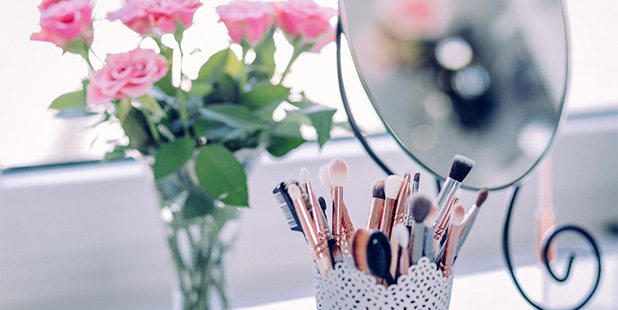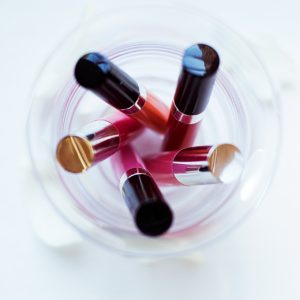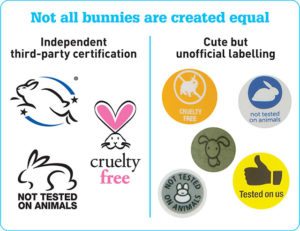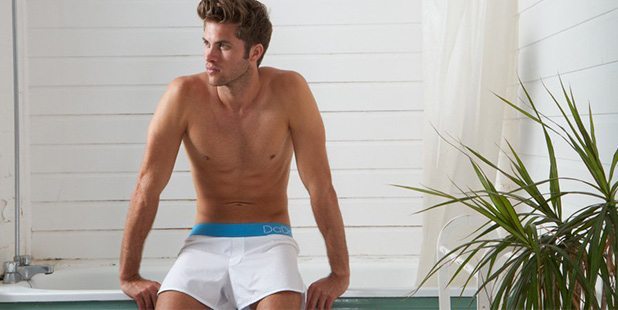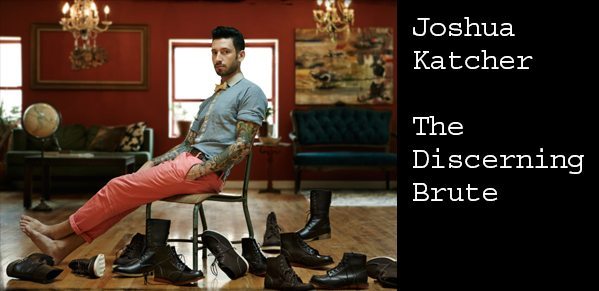In this powerful ThanksLiving special episode of The Vegan Life Coach Podcast, I interview six-time Emmy Award-winner Allison Argo.
LISTEN/WATCH
Subscribe: Apple Podcast | Stitcher | Spotify | YouTube
*Links mentioned in the episode are at the bottom of this page.
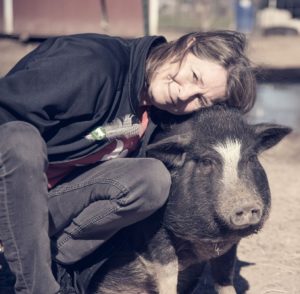 Allison Argo is a producer, director, editor, and writer whose films have won six national Emmys, duPont Columbia, and over 80 awards internationally, including Genesis, Jackson Hole, NY, Banff, and dozens of awards from New Zealand to Japan.
Allison Argo is a producer, director, editor, and writer whose films have won six national Emmys, duPont Columbia, and over 80 awards internationally, including Genesis, Jackson Hole, NY, Banff, and dozens of awards from New Zealand to Japan.
Allison is known for her emotionally-charged and deeply personal films – in particular her intimate portraits of abused and endangered animals.
The nearly two dozen films she’s produced, directed and written have all been broadcast by PBS and/or National Geographic and have reached audiences worldwide.
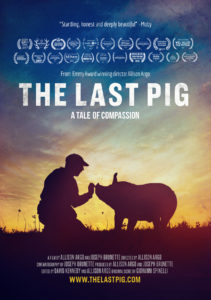
The Last Pig continues Allison’s mission to provide a voice for those who are not heard– and to deepen understanding and respect for all beings.
We had an intriguing discussion, starting with Allison’s path to film-making, which involved the incredible story of Ivan the Gorilla (which has a very happy ending)!
We talk about social conditioning, why we treat some animals as pets and others as food, and about the disconnects society programs into us from an early age (why are dogs accepted as pets, while pigs are considered food and sentenced to death), and so much more.
I had the privilege of viewing Allison’s latest documentary, The Last Pig, prior to our interview. Allison’s mission for this remarkable film is to provide a voice for those who are not heard– and to deepen understanding and respect for all beings.
The Last Pig was one of the most extraordinary films I’ve ever seen… Absolutely beautiful, and heart-wrenching at the same time.
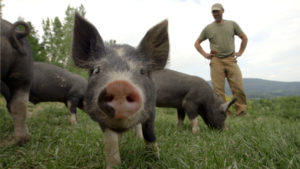 Here is the film’s description:
Here is the film’s description:
In the rolling hills of Upstate New York, a farmer is in crisis: after years of raising pigs, he can no longer bear the ultimate act of betrayal.
This award-winning film chronicles his final year on the farm, capturing in intimate detail the farmer’s personal upheaval as he questions his beliefs and the value of life.
The Last Pig is an immersive snapshot, a tale of choice, grit, and the changing landscape of animal agriculture.
The farmer’s inner reflections share his struggle to align life with values, and through the story’s simple intimacy, the farmer’s moral quandary quietly becomes our own.
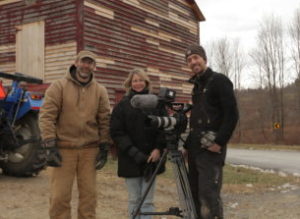 I am not only blown away with Allison’s talent as a producer, but also by her authenticity, generosity, and unwavering passion for making a positive impact on the lives of all animals and the Planet.
I am not only blown away with Allison’s talent as a producer, but also by her authenticity, generosity, and unwavering passion for making a positive impact on the lives of all animals and the Planet.
I’m excited to now share an opportunity for you to see the streaming of The Last Pig and get access to a special, live Q&A with Allison and the Directors of the 4 animal sanctuaries who are benefiting from the ticket sales!
Hogs & Kisses Farm Sanctuary (if you haven’t yet, you’ll definitely want to check out episode 30 with founder Anne Molina) has put together a package as part of it’s “soft launch” this week.
The package includes a ticket to see The Last Pig as well as my latest Ebook, “Plant-Empowered: Reshape Your Body by Reconditioning Your Mind” for a minimum donation of just $10!
$5 will be going to the other 4 sanctuaries and to help fund The Last Pig on PBS. The other $5+ will go to helping Hogs & Kisses, a 501c3 nonprofit that has been sponsoring farm pigs who are waiting for them to build what will be their forever home!
As always, we’d love to hear your feedback and answer your questions! Please share inside our Empowered Life Group on Facebook.
**And if you’re not a Vegan Life Coach Academy member yet, make sure you’re on the wait list so that you’ll be the first to know when we open our doors to new members again!
MENTIONED IN THIS EPISODE
Hogs & Kisses Launch Package, Including The Last Pig Tickets and Ella’s Latest Plant-Empowered Ebook!
Ticket to The Last Pig Only (No Package)
The Last Pig Streaming Event Flyer
CONNECT WITH US!
Grab the valuable gift we have for you HERE.
Have a question you’d like us to answer, or feedback you’d like to give us (we love hearing from you!)? Leave us a voice (or written) message HERE.
Interested in receiving a free coaching session to air on an upcoming episode? Apply HERE.
